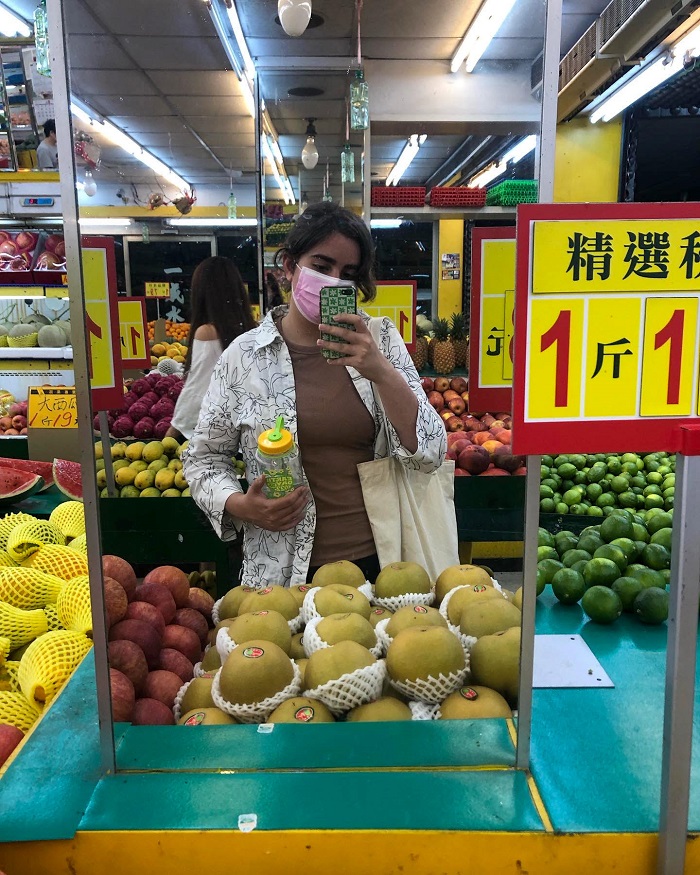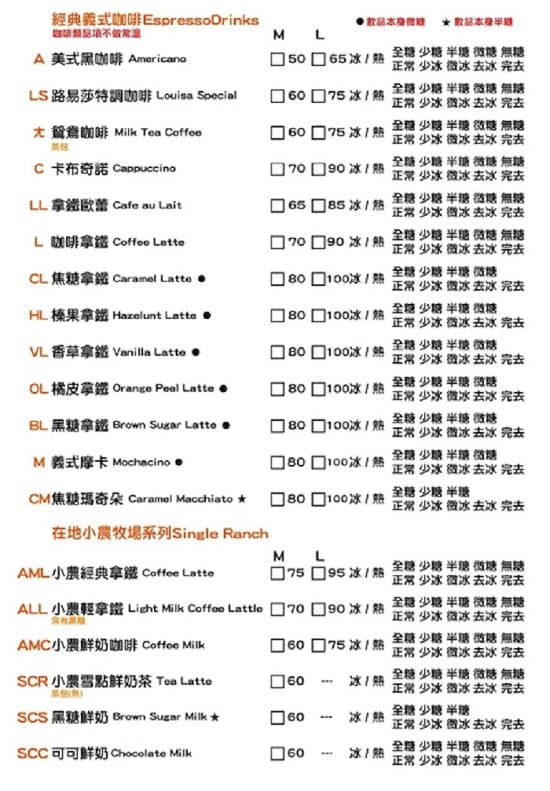Written by Elissa DeTellis, (George Washington University), Student Correspondent for CET Taiwan, Summer 2022
When I came to Taiwan my first few days were spent feeling confused and on a greater
level just plain dumb, while this is just a part of adapting to life in a new country here are five pieces of insider information to help you adjust. First off I want to say that the hardest part of studying abroad or living in a culture that is not your own is that you really are a fish out of water; you don’t know how things are done in this new environment and because of that you will likely feel foolish much more than you are used to. For example, in the beginning I would have an interaction with a stranger were I felt stupid and my initial reaction was to just avoid these situations all together but you have to keep forcing yourself out of your comfort zone even if it just to discover a whole new way of looking dumb in 7-Eleven.
Bus Etiquette is Different
In Taiwan if you would like a bus to stop so that you can get on, you must put your arm
out to show the driver you would like to get on. This is completely opposite to the protocol in my city in the states, where the bus driver stops at every stop that has people unless you nod your head no that this isn’t your bus. Because of this, before I saw that everyone hails the bus, I have had a couple buses drive right by me without stopping. On both buses and the metro there are priority seats for the elderly, people with disabilities, people with young children or anyone else who would benefit from them. At first I wasn’t sure if this was a rule or more of a suggestion that some people follow and others don’t, but people do follow this pretty seriously. For example, if all the normal seats are taken and there are a lot of people standing up, it is still not socially appropriate to sit in a priority seat and especially not as a young, able bodied, foreigner. Finally, because you have to tap your EasyCard(悠遊卡) to get on and off the bus, everyone will start tapping their card before the bus has actually stopped. While I am not exactly sure where this habit comes from, I believe it is to help the bus be more efficient by minimizing the time it has to stop. While not tapping before the bus stops is definitely not of life or death importance, it is the norm and does make getting off the bus when there are tons of people easier.

Some of my favorite photos at cafes with my friends
The Most Common Question at a Convenience Store
Before me and my roommates figured out what they were asking, this question always
had me looking like a deer in the headlights. After the cashier scans your items they will pretty much always ask “你有沒有會員” or some variation of that question, but always with the word 會員, which means, “do you have a membership.” These kind of questions are so hard because even if you have learned the word 會員 before, you have most likely not seen it in this context. Besides from growing up in Taiwan and already having a high Chinese proficiency, I can’t think of any way to avoid these kinds of puzzling questions altogether, I can encourage you that every time you encounter one, there is one fewer confusing question that exists for you to run into.
The Head Nod is a Valuable Form of Communication
As a communication major, let me just say the head nod is such a wonderful nonverbal
because its uses are almost endless. Did someone move so you could get by? That is so
considerate, give them a little head nod to show your appreciation. You made slightly too
prolonged eye contact with a stranger, no worries use a head nod. In most cases the head nod means thank you, but it also is a sign of respect and just a polite acknowledgement. I wish that the U.S. had an equivalent of the head nod because there are so many instances when it is incredibly helpful. You will likely receive a few head nods during your time in Taiwan and I highly encourage you to try them out for yourself if you haven’t already.
Don’t Buy Produce at the Grocery Store
This is a really simple one, but I highly recommend you to buy your produce, especially
fruit, at a stand or store that specifically sells produce. I have found it to be much fresher and in most cases cheaper. These stores can be found easily all around Taipei, so I usually just buy a couple pieces of fruit at a time so I can enjoy them while they are perfectly ripe.

At a fruit store
Ordering Coffee
Okay this might just be the most valuable information I have to share and that is how to
order coffee in Taiwan. Whether you are becoming a little too dependent on your coffee fix, just drink it socially, or absolutely detest coffee you will likely find yourself spending a lot of time in cafes here because not only are they everywhere they are also one of the most popular places to study. Compared to the States, much more care is given to the creation of beverages in Taiwan and because of this whenever you order coffee, boba or other drinks they will ask you what level of sugar and ice you want. I can’t remember exactly how they phrase this question but if you hear 糖 (sugar) or 冰 (ice) then you know they are asking about this and you can reply with 正,少, 半, 微 and 無 (regular, less about 70%, half, slight sugar about 30% and no sugar) As an example of how to order, or just in case you are curious, this is my standard coffee order 我要一杯冰的咖啡拿鐵半糖小冰 (I want an iced latte with half sugar and light ice).

The menu from Louisa Coffee, one of Taipei’s most popular coffee shops.
You can see on the side all the different sugar and ice levels to pick from
Concluding Thoughts
If you study abroad, in Taiwan or elsewhere, you will look dumb it’s part of the
experience so embrace it. I don’t mean that you should embrace being a dumb foreigner, but rather that being bad at something is how you get good at something so if you want to be an impressive expat who does everything naturally then you have to be an awkward one first. Nevertheless I hope that these few tips will be helpful and that you will be able to enter Taiwanese society a tad more gracefully than I did.